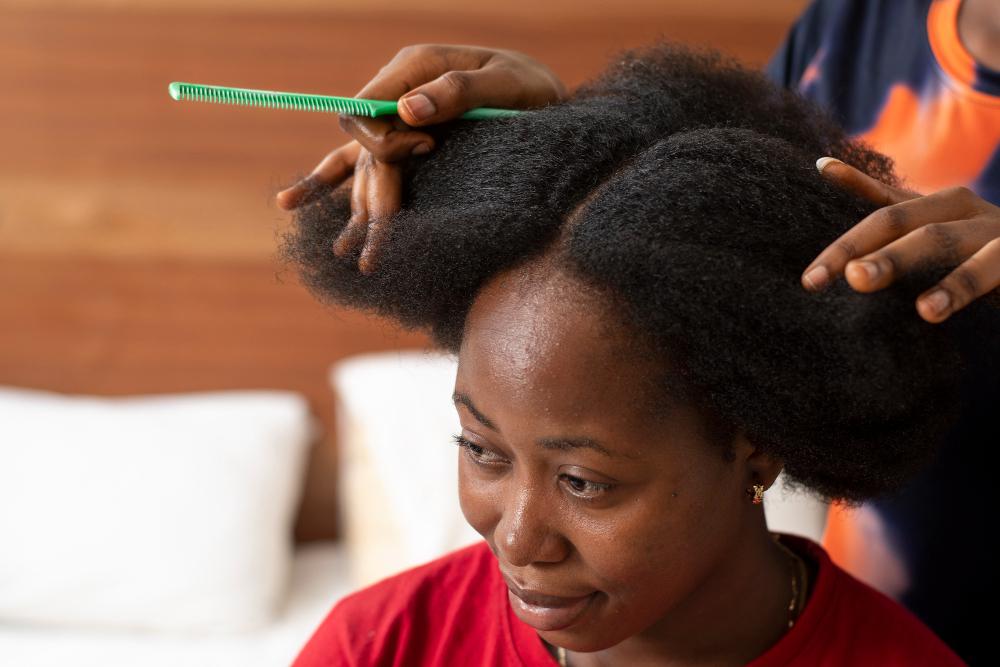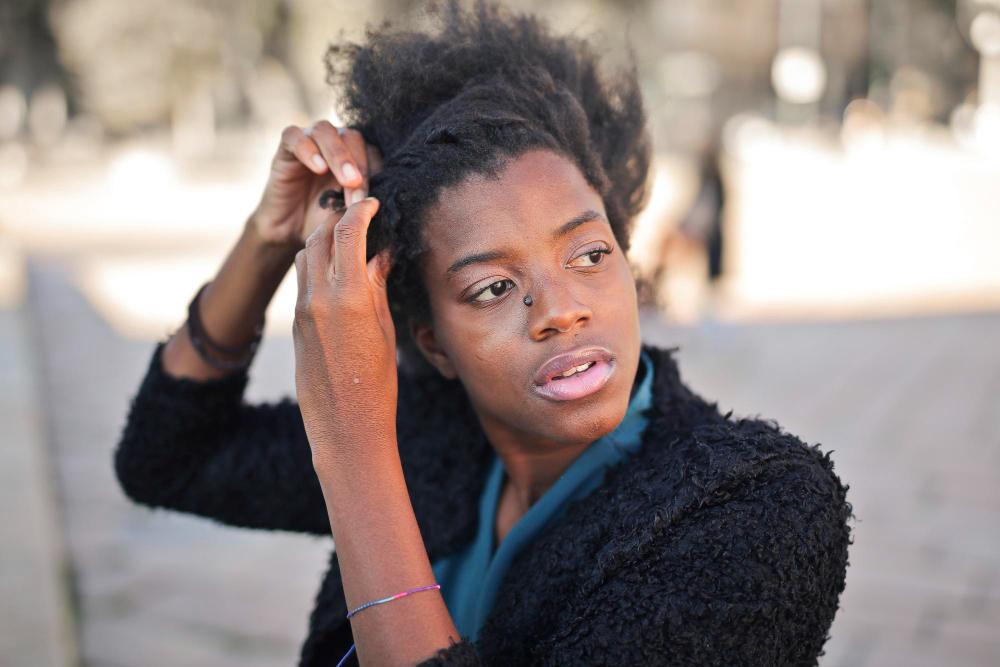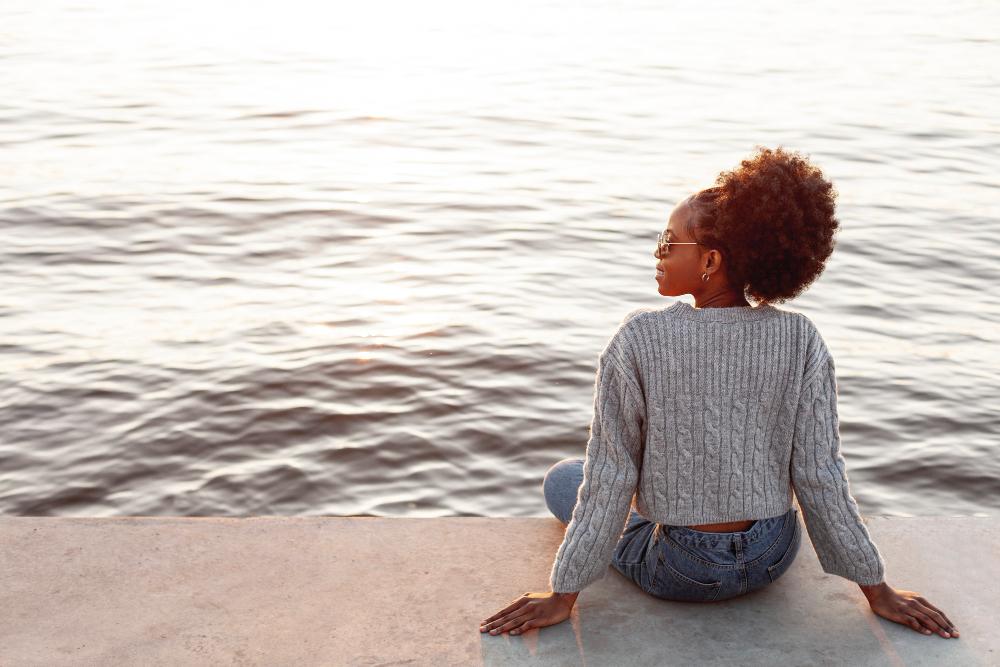My Struggle with “Black Femininity” Coaching

I keep scrolling through Instagram, Facebook, and TikTok feeds and land on these “femininity experts” teaching Black women how to be “ladylike”—from speaking in a whisper to wearing straight, shoulder-length wigs. I want to be clear: I’m not here to shame anyone for their styling choices. What bothers me is the message underneath it all—that to be beautiful, to be worthy, we must erase our Blackness.
When “Femininity” Means “Whiteness”
A couple of years ago, videos teaching “elegant speech” and “high-value woman” routines went viral. At first, it seemed harmless, tips on posture or poise. But soon it felt like these coaches were selling a single, impossible mold: skin smooth, hair pin-straight, voice gentle, expressions muted. They weren’t encouraging us to own our unique beauty; they were asking us to vanish into some Eurocentric ideal crafted for the male gaze. And the ugliest part? These programs charge hundreds of dollars to prey on our insecurities.

The Anti-Black Roots of “Polish”
Dig into so-called Black-centric femininity tips, and you’ll find a surprising amount of anti-Black bias. Bonnets are “unprofessional.” Hoop earrings are “ghetto.” Natural slang? “Improper.” Big lips? “Unladylike.” And our hair—don’t get me started. From colonial propaganda that labeled our coils “dirty” to modern workplace bans on afros, we’ve been conditioned to believe our natural beauty is unacceptable.

From External Rules to Internal Shame
I grew up watching my mum smooth down my cousin’s hair with chemicals, convinced straight locks were the only way to “fit in.” By the time I hit university, I’d spent a small fortune on wigs and extensions—often harvested in cruel ways, processed with toxic chemicals, and sold back to us at exorbitant prices. All for what? To chase a standard that was never made for us?
Reclaiming My Crown
Two years ago, I tossed my extensions and let my afro free. The stares and whispered judgments came fast—from strangers and even loved ones. But every time I felt that heat of shame, I reminded myself: my hair is powerful. It’s political. It’s a testament to ancestors who braided resilience into every strand. Learning to care for my natural curls was also learning to care for my spirit.

Rejecting the Lie
The entire “Black femininity” coaching industry thrives on telling us we’re not enough unless we look less Black. It sells us a watered-down femininity that erases our customs, our flavors, our voices. But real strength comes from embracing our full selves—our accents, our textures, our rhythms.
So here’s my challenge: let’s stop watching content that dulls our shine. Let’s block the coaches who profit from our self-doubt and instead uplift creators who celebrate our Blackness. And if you’re here, reading this, know this: you don’t have to change to deserve love, respect, or success. Your natural hair, your bold speech, your unique curve—is more than enough.
Thanks for joining me on this journey. If you want more honest conversations, subscribe for free and let’s lift each other up. ❤️






